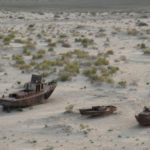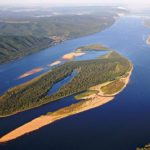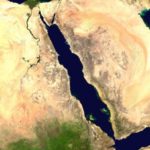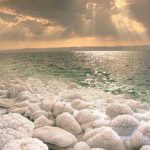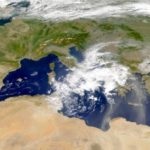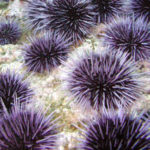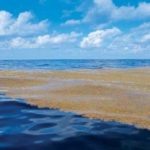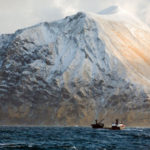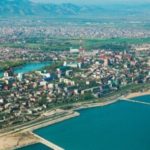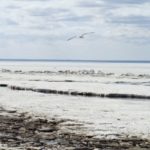Interesting facts about the Caspian Sea
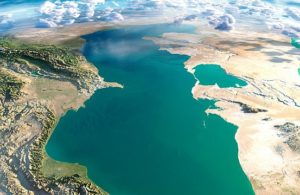 The Caspian Sea is a reservoir of vital importance for the economy and shipping, by which the brave explorers sailed a great deal ago. It is absolutely closed, that is, it is separated from the waters of the world ocean, which makes it unique in its way. The shores of the Caspian Sea are extremely beautiful, and there are many excellent resorts on them.
The Caspian Sea is a reservoir of vital importance for the economy and shipping, by which the brave explorers sailed a great deal ago. It is absolutely closed, that is, it is separated from the waters of the world ocean, which makes it unique in its way. The shores of the Caspian Sea are extremely beautiful, and there are many excellent resorts on them.
So far, scientists are arguing about whether to consider the Caspian Sea as the sea, or nevertheless to assign it the status of a lake. This ambiguity is caused by the fact that this sea is closed and closed (by the way, it is the largest of all closed water bodies), but at the same time it is larger than some other seas.
At the deepest point of the Caspian Sea, the water surface from the bottom separates the distance more than a kilometer.
The water level in the Caspian Sea is unstable, but there is a tendency to reduce it.
There are about seventy names of the Caspian Sea, which were given to him by various peoples who lived or lived on its shores.
The Caspian Sea is located on the border of Europe and Asia.
The waters of the Caspian Sea are washed by five states, and Russia owns the smallest part of its coastline among other countries.
There is a scientific theory according to which the Black and Caspian Seas were a single whole about ten thousand years ago.
Most of the water in the Caspian Sea is brought by the Volga River.
In the waters of the Caspian Sea, there are more than a hundred different kinds of fish. In fact, this is not so much – for example, in the Lena River species of fish and then more.
It is in the Caspian Sea that nine-tenths of all black caviar produced in the world is mined.
Water in the Caspian Sea is completely renewed every quarter of a thousand years.
Its name is the sea received, as it is believed, thanks to the once living on its banks of the Caspian tribe.
The area of the Caspian Sea is larger than the area of Japan and slightly smaller than the area of Germany.
If we consider the Caspian Sea to be just a lake, not a sea, it will be the third deepest, giving way to the first two places to the lakes of Lake Baikal and Tanganyika.
Again, if we consider the Caspian Sea as a lake, then this lake will be the largest on the Earth.

